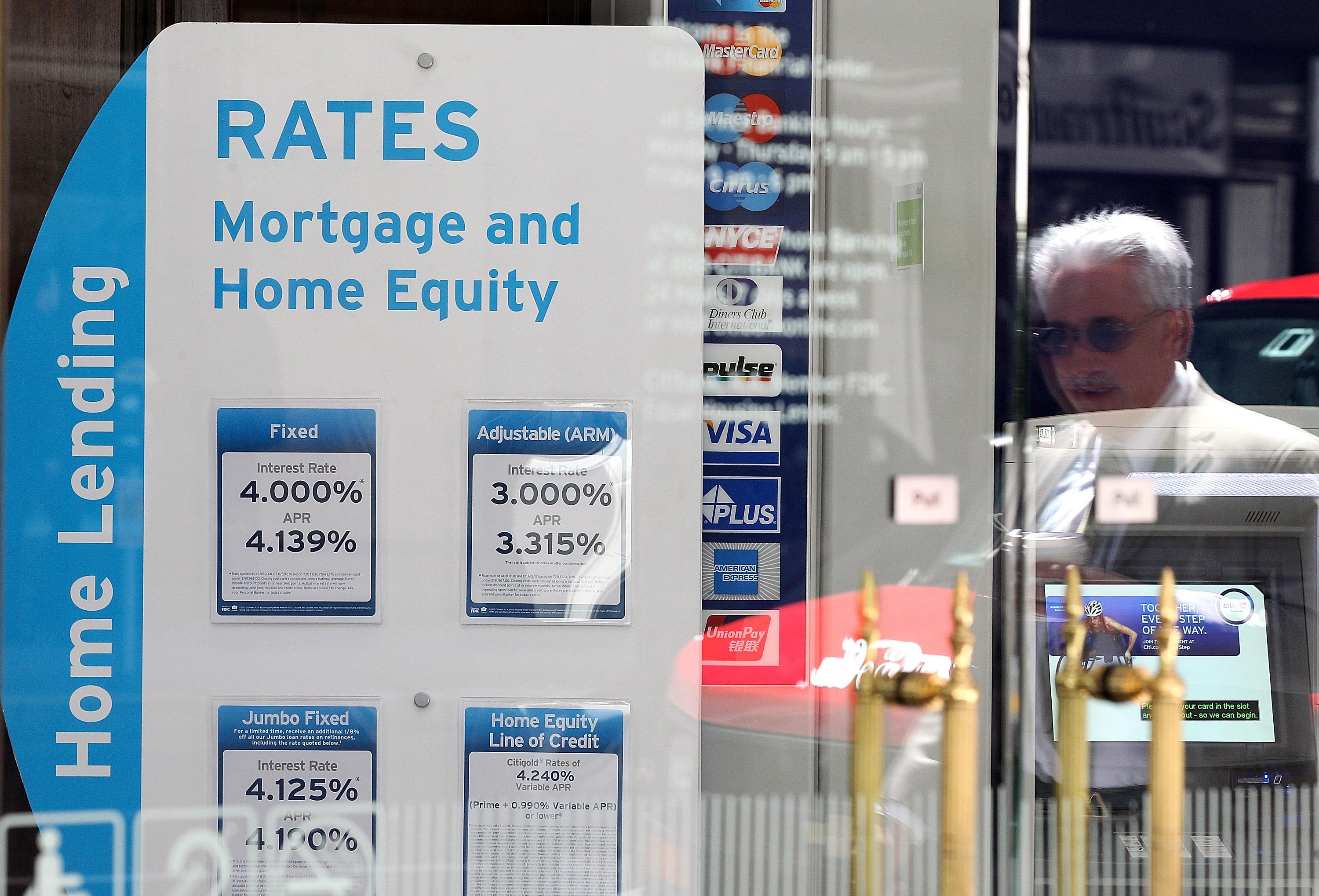My favorite fast-food industry trade publication profiles some quick service brands and franchise holders who’ve had success with a policy of keeping their companies debt-free. The experience of the banking crisis in 2007-2008 and the severe recession conditions that persisted through 2009 only to be followed by a weak recovery can make that look good.
But a sound strategy needs to be sound over the long term, and as a general matter, if you have no debt that means you don’t have enough debt. The great virtue of funding investments with debt is that at worst you can lose 100 percent of what you borrowed while your upside is unlimited. So if you have a business concept you believe in, financing it with some debt is a very attractive option. It’s true that there’s a downside here—the more debt you have the more likely you are to go bust in hard times. And that’s why normally you can only borrow so much money before people become extremely reluctant to lend. Which is fine. Don’t go crazy and leverage yourself or your company to an absurd to degree. But a zero-debt posture reflects an extremely cautious view of your own business. Now maybe your business is in fact terrible, in which case a cautious view is appropriate. But if your business idea is terrible, you have more fundamental problems than your underlying financial structure.
Long story short, in the wake of an economic cataclysm the very most risk-averse strategies are going to look the smartest. But that doesn’t mean you should be all risk aversion all the time. Right now, creditworthy firms can borrow at least some money very cheaply. That means that if the business climate is at least so-so going forward, you’ll wish you’d borrowed some money.
